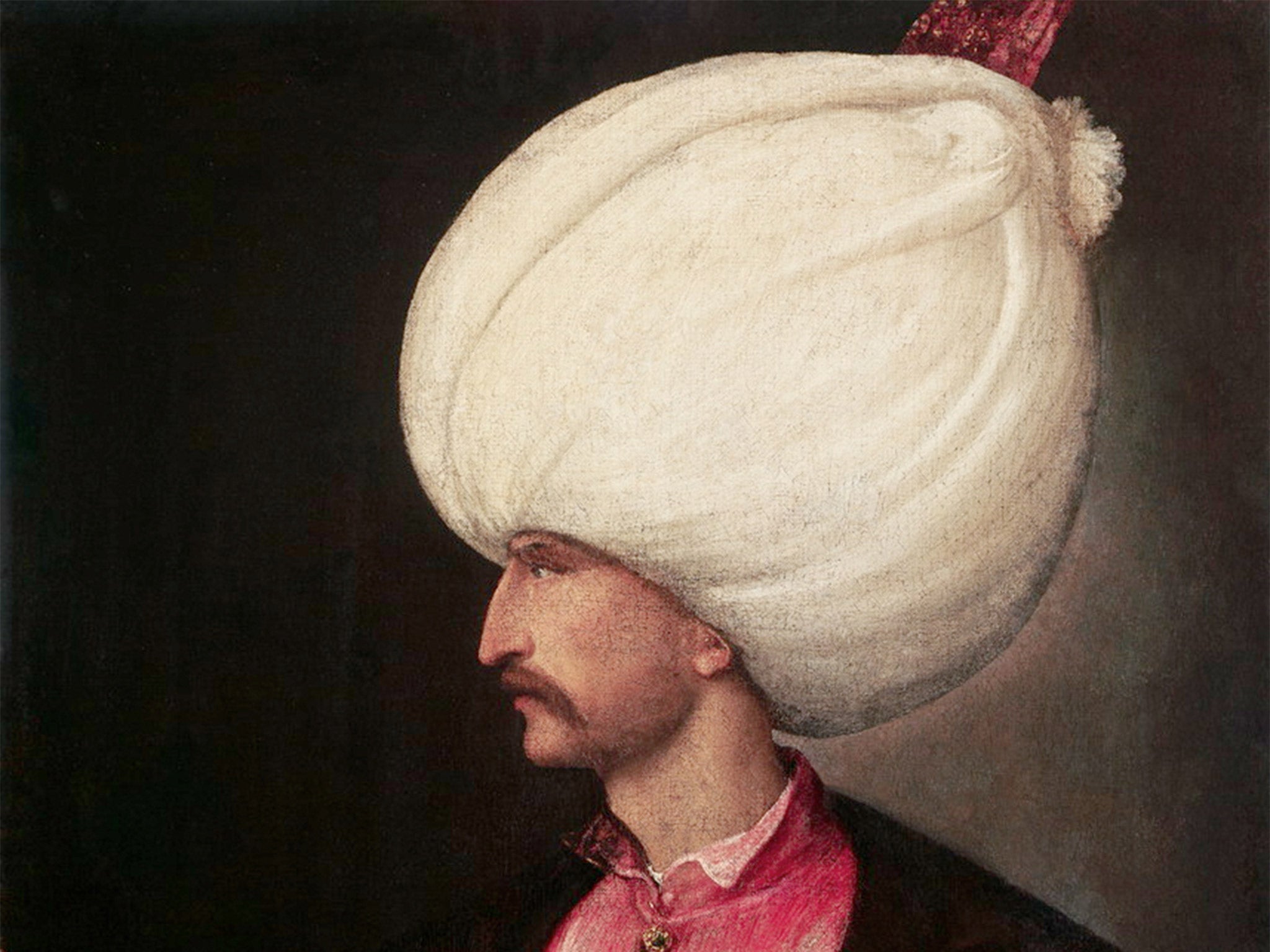Sharia courts may have helped bring down the Ottoman Empire
Because the elites of Ottoman society got favourable treatment by the courts during contract disputes they were forced to pay more for credit, hitting rates of investment as the Industrial Revolution took off

Your support helps us to tell the story
From reproductive rights to climate change to Big Tech, The Independent is on the ground when the story is developing. Whether it's investigating the financials of Elon Musk's pro-Trump PAC or producing our latest documentary, 'The A Word', which shines a light on the American women fighting for reproductive rights, we know how important it is to parse out the facts from the messaging.
At such a critical moment in US history, we need reporters on the ground. Your donation allows us to keep sending journalists to speak to both sides of the story.
The Independent is trusted by Americans across the entire political spectrum. And unlike many other quality news outlets, we choose not to lock Americans out of our reporting and analysis with paywalls. We believe quality journalism should be available to everyone, paid for by those who can afford it.
Your support makes all the difference.Sharia courts’ bias towards wealthy Muslim men during the Ottoman Empire may have contributed to its downfall, according to a major study of nearly 200 years of case records.
An American economist looked at rulings handed out between 1602 and 1799 and noticed the judges’ efforts to help people “considered worthy of support” had a significant "unintended consequence".
Because Ottoman elites could rely on support from the courts during contract disputes, they had to pay significantly higher rates of interest on loans than women, non-Muslims and the poor, who were less likely to default because they would face legal punishment.
This, Professor Timur Kuran argued in a paper in the Economic Journal, had a stifling effect on investment at a time when the Industrial Revolution was taking off in Europe.
He added that laws in Western countries had a similar effect today, but on a different section of society. Because the law protects poor people from their creditors, they are sometimes forced to go to pay-day loan sharks charging extortionate rates whereas wealthier people can get rates of just a few per cent, he said..
Professor Kuran, of Duke University, said the Ottoman Sharia judges had been trying to help those with high social status.
“What we see here are unintended consequences. The court’s intent was to assist groups considered worthy of support,” he wrote.
“The unintended consequence was to render them less trustworthy and increase their cost of borrowing.
“The biases of the courts made it risky to lend to privileged groups. The courts gave privileged groups incentives to break contracts.
“Judicially favoured groups paid more for credit precisely because their promises were relatively less credible.”
Women, for example, were less likely to pose a flight risk in the event of a business deal turning sour partly because the law made it difficult to travel without a male companion.
This meant their ‘credit rating’ was much better than men, who paid as much as 26 per cent more for loans.
“Wealthy, distinguished, powerful people were more likely than others to, when they felt the pinch, break their contract,” Professor Kuran said. “There was a good chance the court would let them get away with it.”
The Industrial Revolution saw factories spring up across Europe, financed mostly by wealthy investors who were able to borrow large amounts of money.
The Ottoman Empire was a leading power in the 16th century, when its armies reached the gates of Vienna.
But it failed to industrialise and was being described as the “sick man of Europe” by the 19th century.
Professor Kuran said the high rates of interest paid by its wealthiest would have hampered the economy.
“To succeed in mass production, one needed much more capital than in the past,” Professor Kuran said.
“So it became a handicap to face very high borrowing costs.”
Sharia courts are becoming more common in the Middle East and Professor Kuran said his research into their financial impact “helps explain why bringing back Sharia law is precisely the wrong medicine for this region”.
But he also said laws in the West may be contributing to poverty.
“Bankruptcy laws may have the unintended consequence of harming the very group they intend to protect -- the poor,” Professor Kuran wrote.
“In making it more difficult for lenders to recoup their losses from defaults, they raise the credit costs of the poor. Laws meant to protect the powerless thus have the unintended effect of compounding their handicaps in financial markets.
“Such laws may be one of the structural causes of modern chronic poverty.”
He stressed he was not advocating the abolition of bankruptcy protections, but said further research could be done on way to change the laws to help them access cheaper credit.
Join our commenting forum
Join thought-provoking conversations, follow other Independent readers and see their replies
Comments